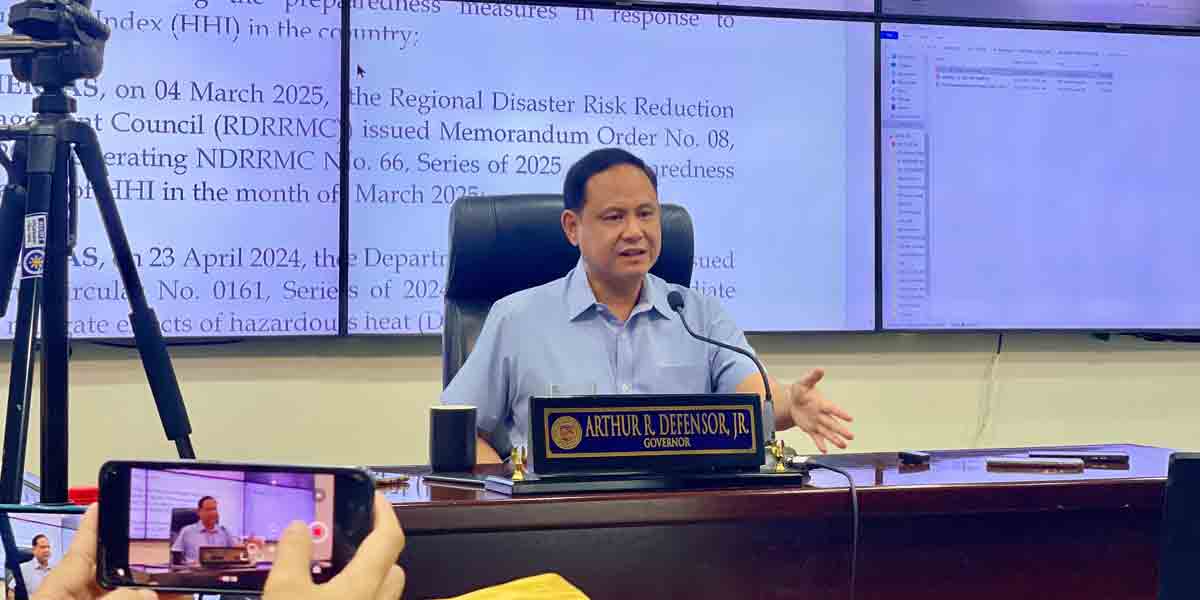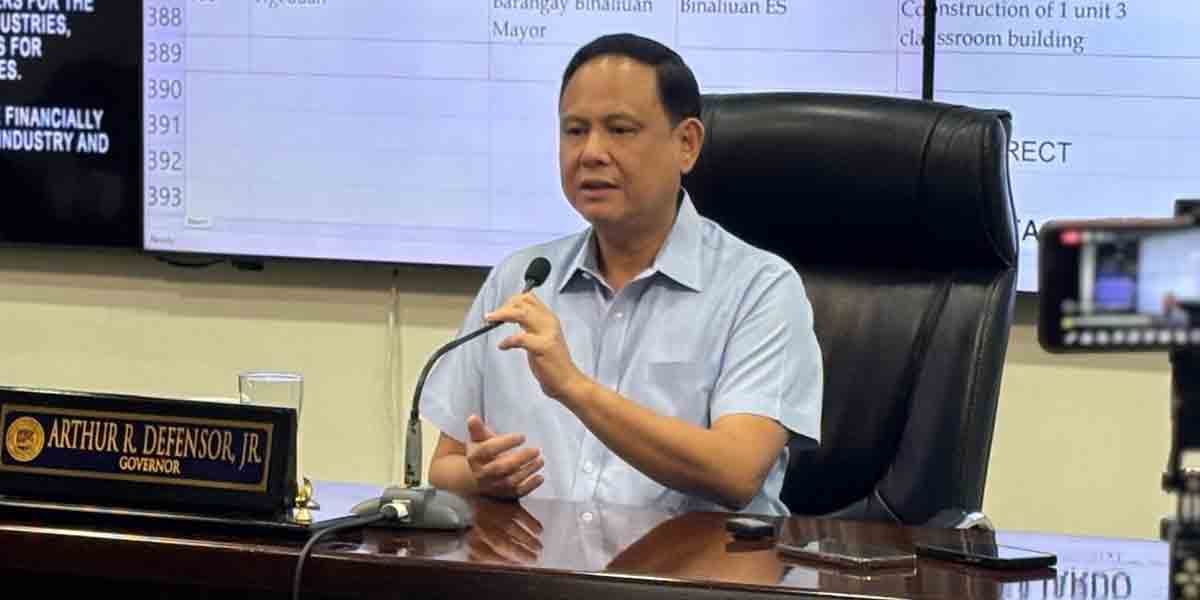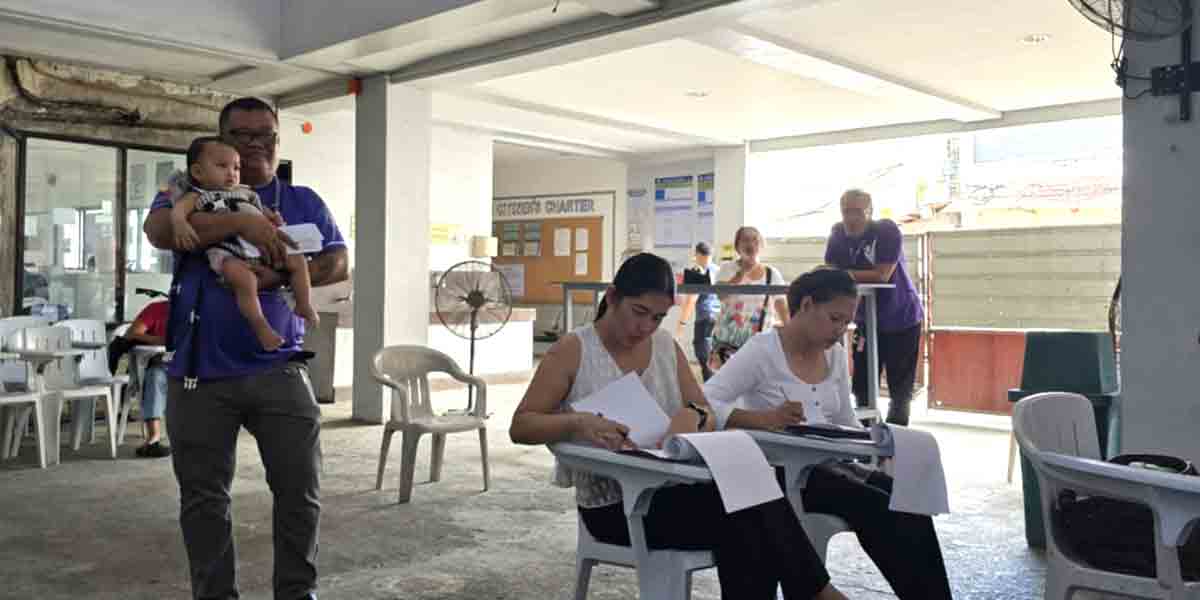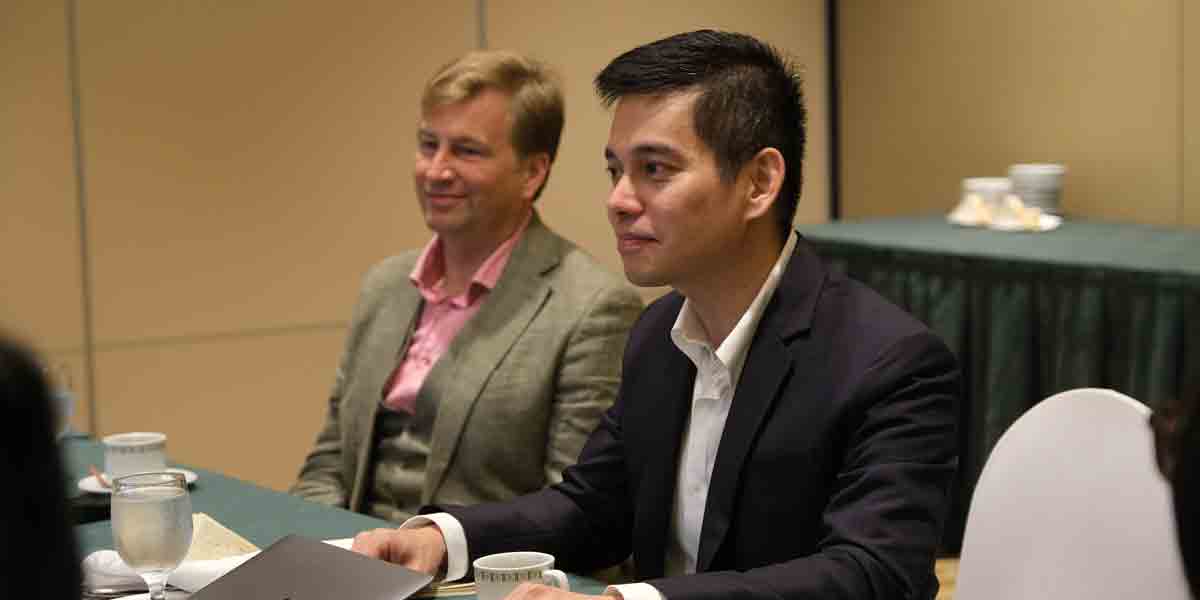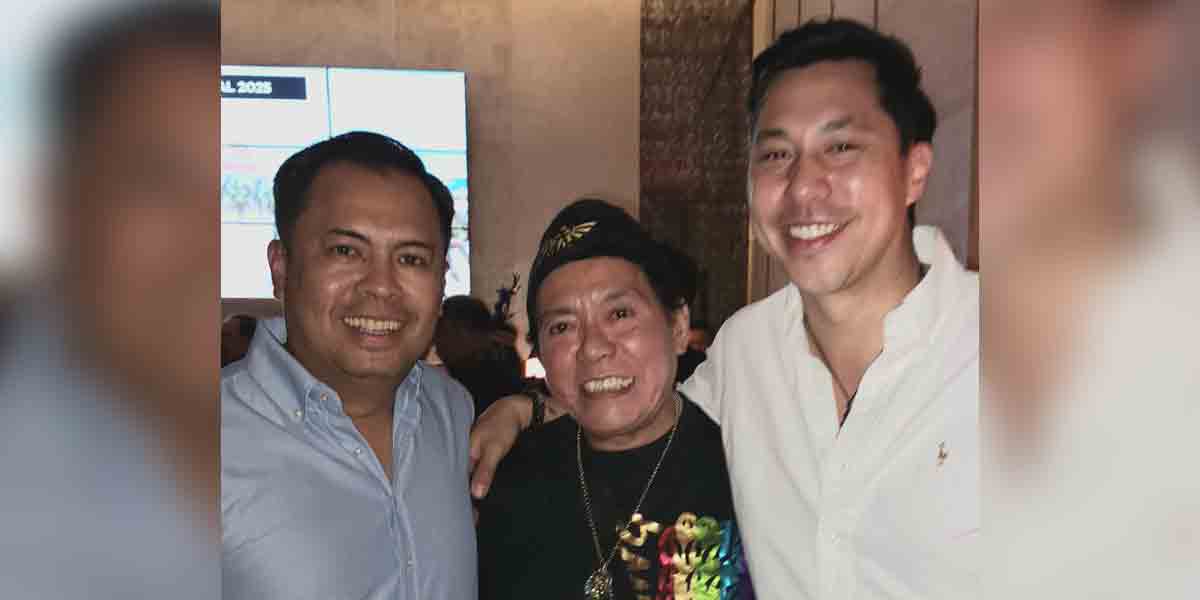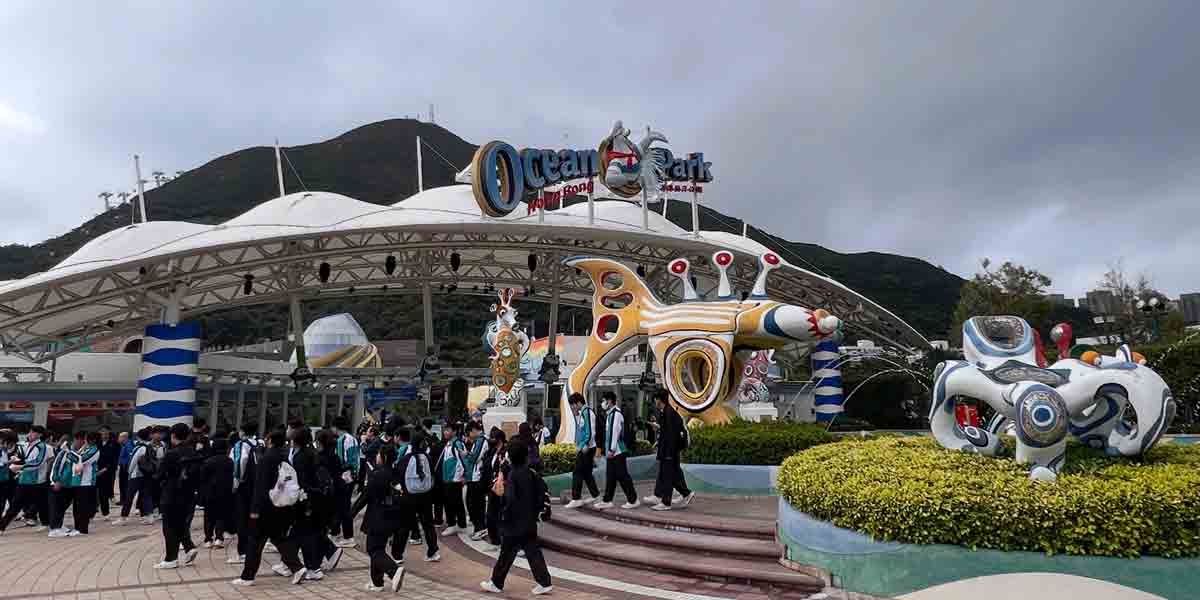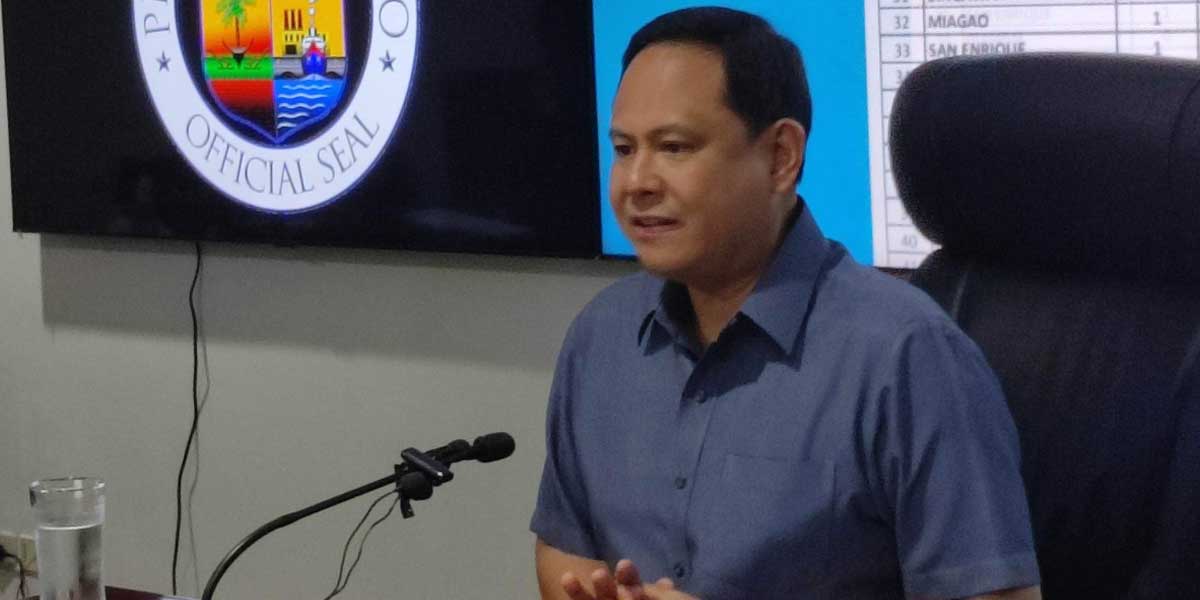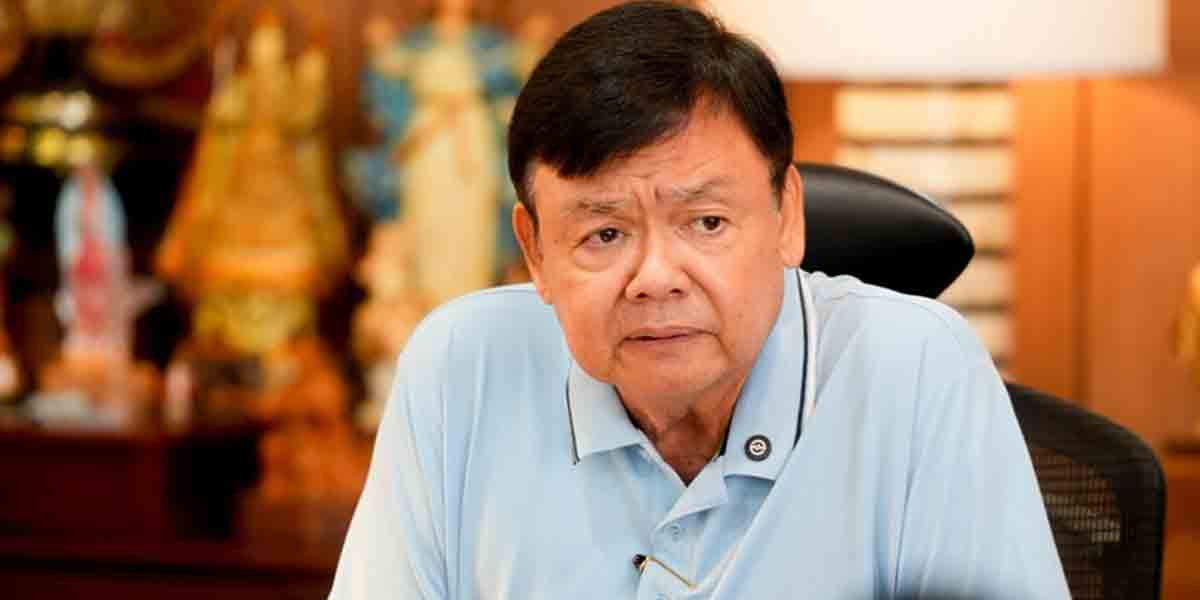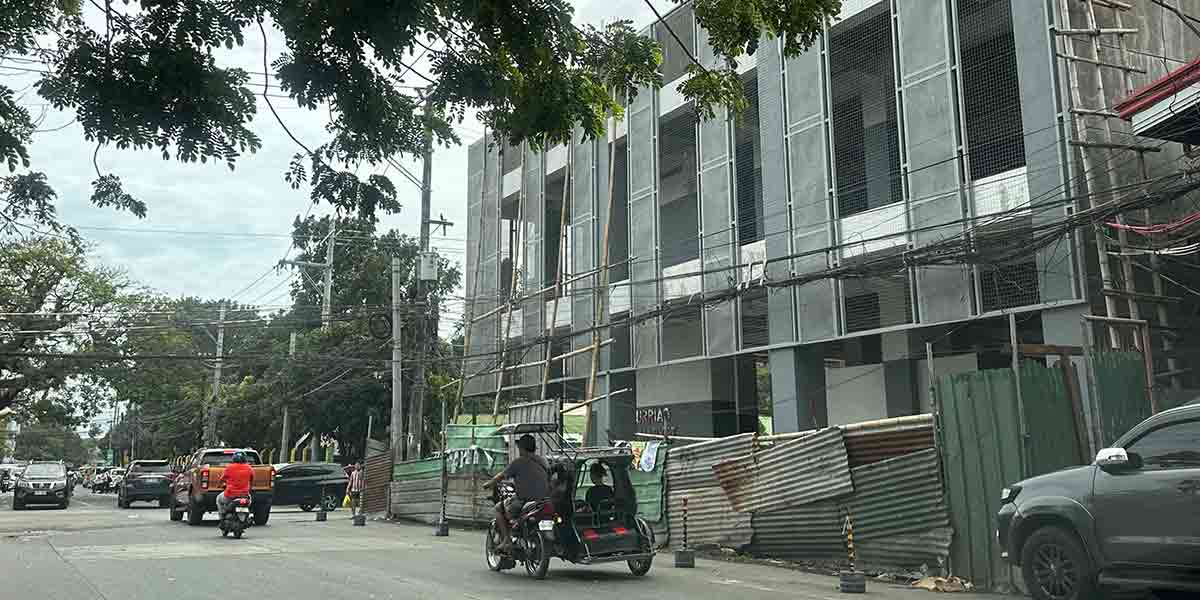By Herman M. Lagon
Following the destruction in Hiroshima and Nagasaki, the globe came to understand the great and horrible force of nuclear weapons.
These sad events, which destroyed whole cities and claimed tens of thousands of lives, highlight the immediate need for world peace and act as a sobering reminder of the terrible results of war. The need for peace and disarmament has never been more important as crises spread over Central Asia, the Middle East, Africa, and beyond.
Rising tensions in Gaza, Ukraine, the West Philippine Sea, and other areas where the threat of nuclear conflict looms huge only emphasize the need to remember the lessons from Hiroshima and Nagasaki.
The recent Peace Declaration of Hiroshima offers a serious invitation to world leaders to visit Hiroshima and Nagasaki to confront the terrible reality of nuclear war on the 78th anniversary of the atomic bombings. This appeal draws attention to the dangers of depending on nuclear deterrence, a tactic that long supported world security but has progressively shown to be dangerously defective. As current world dangers have demonstrated, nuclear weapons are more likely than ever to be used. Inspired by Mahatma Gandhi’s nonviolence philosophy, the declaration asks world leaders and civil society to promote an international culture of peace spanning boundaries.
The demand for a more peaceful society is first of importance on an ever-linked planet. Along with disarmament, this calls for creating a social environment in which sports, the arts, and music foster understanding and harmony. These programs can help close language gaps, promote social equality, and create a worldwide society that gives peace above strife top priority. Hiroshima and the more than 8,200 Mayors for Peace communities globally advocate these values, promoting citizen-to-citizen interactions to affect legislators and create a society free of force use.
Along with more support for Hibakusha, the survivors of the atomic bombings still suffering from radiation, the declaration also demands the ratification of the Treaty on the Prohibition of Nuclear Weapons (TPNW). The Japanese government has to relieve their suffering and respect their dreams for a world free of nuclear weapons since the average Hibakusha nowadays is approaching 85 years old. Nuclear abolitionists see a world in which everyone’s dignity and security are preserved.
Apart from the threat posed by nuclear weapons, Hiroshima and Nagasaki teach more general lessons about world peace and security. Cyberattacks and other non-traditional warfare are serious concerns in modern society. The world community has to understand that war is a great human failure as the crises in Kazakhstan, Sudan, Gaza, Syria, Haiti, Myanmar, Ethiopia, Armenia, and Azerbaijan, among others, deepen. Reaching peace calls for substituting diplomacy, understanding, reconciliation, and communication for violence.
Global education is especially critical to us Filipinos. Our country’s history of striving for justice and peace and present regional issues highlights the shared responsibility of aiming toward peace. Gandhi’s nonviolent ideas and the moral standards of decency, respect, and solidarity in the Peace Declaration speak to our society. Peace is a moral obligation defining our humanity, not only a political or diplomatic matter.
The global dedication to peace has to be more robust and concrete than ever as new kinds of violence surface. Technology can be abused even if it presents promising possibilities for development. Cyberattacks, disinformation campaigns, and other kinds of digital warfare are already upsetting societies and eroding trust in international relations. To offset these fresh dangers, we must encourage creativity based on responsibility, openness, dialogue, and collaboration.
The conviction that every life counts and that violence has broad effects shapes the fight for peace. The way of seeing goodness in all things reminds us that our activities have significant effects and that keeping peace calls for a firm conviction of responsibility to the surroundings and one another. This spiritual aspect of peacekeeping promotes empathy, compassion, and mutual respect to heal the divisions brought about by wars or conflicts.
Hiroshima and Nagasaki remain moving reminders of the tragedies of war and the vital need of disarmament and peace as world tensions grow. Every person, society, and country has an obligation to work for a world free of war since we cannot afford to keep repeating the past’s mistakes. Although reaching peace is obviously difficult, it is the only way to leave a fair and sustainable planet for next generations.
Given their complexity, overcoming the difficult issues confronting the globe today requires nonviolence, mutual respect, and international cooperation. The Hiroshima Peace Declaration’s encouragement of change motivates us to pursue a world in which peace is not only a hypothetical idea but a living reality.
In essence, the lessons of Hiroshima and Nagasaki are still pertinent even now, 78 years apart. We are at a turning point in human history when the search for peace has to be an active, dynamic process that requires bravery, grit, and a readiness to interact with people across cultures and countries. Adopting these principles gives us the only hope for a peaceful future for all and the termination of conflicts.
Thus, let us aim for both inner and worldwide peace. Let us prioritize cooperation and communication over violence. “No one else should ever suffer as we have,” the Hibakusha famously said. These words are a call to arms for a fresh security paradigm that prioritizes everyone’s welfare and dignity. Following this call will help us honor the memories of the war victims of Hiroshima, Nagasaki, and the millions of others from different continents and countries and open the path to enduring peace.
***
Doc H fondly describes himself as a “student of and for life” who, like many others, aspires to a life-giving and why-driven world grounded in social justice and the pursuit of happiness. His views do not necessarily reflect those of the institutions he is employed or connected with.


